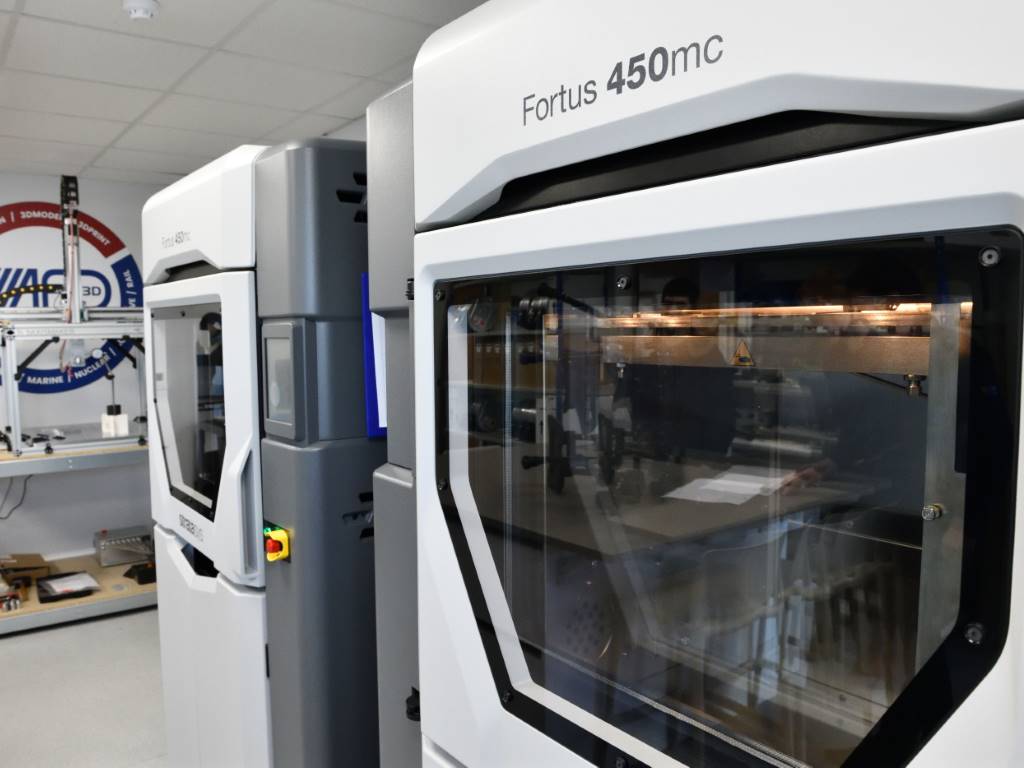It’s a material whirl!

Alvant’s engineering manager, James Larcher talks about his experiences of material selection in a career spanning over 20 years and why, despite a push for lighter structures, the future might not be a purely plastic one.
I was inspired to embark on a career in manufacturing engineering as I have always been fascinated by how things were made. My curiosity was inspired by the fact that there is an element of engineering in virtually everything we use both in design and manufacture.
After finishing my degree in 1997, manufacturing was at a low due to recession. I started working for Dunlop Anti-Vibration Systems in Coventry as a test and development engineer and became interested in polymer structural analysis, working with the British chemical company ICI developing rubber technology and polymers that would withstand environmental damage and achieve specific structural deflection/damping requirements. Later I worked with GKN’s design services, supporting the design development of Harrier for BAE Systems and the MoD and got my first real introduction to composite materials, supporting development of the composite fuselage as a stress engineer.
From then to now, today’s commercial aircraft composite fuselages and wing spars are proof of how far we have progressed, but going forward, I genuinely believe that with an increasing prominence of the environmental goals of sustainability and reduced environmental impact becoming government policy, that a new breed of materials will become more prevalent; metal matrix composites.
Aluminium matrix composites (AMCs) are a composite of aluminium matrix that has been reinforced with fibre to provide a customisable combination of lightweight and high strength for components that are relied upon in the most demanding applications. AMCs provide the strength and stiffness of steel at less than half the weight. They also offer advantages over polymer matrix composite material, including improved transverse strength and stiffness, superior damage tolerance and a higher thermal operating range. The inability of composites to be totally recycled efficiently combined with potentially noxious manufacturing processes certainly raises the question of the suitability of medium to high volume commercial products where high strength to weight is a requirement.
Although aerospace is working hard on reducing its carbon footprint, the bottom line is that aircraft are massive polluters and ever-rising fuel costs among other aspects are driving the price of a ticket, so we have to find more ways of making aircraft lighter, more efficient and focus on lowering emissions. I feel that the time is right for some radical changes in our industry. We can replace parts and components, but should we not look now at a more efficient aircraft body or is the restriction to blended wing introduction reflective of a lack of confidence from passengers? Do passengers care what an aircraft looks like? Would more people fly if they felt the aircraft was less environmentally damaging? With a shift to electric aircraft, structural designers will have new problems to solve not least in heavier landing cases. Batteries unfortunately don’t get lighter like fuel tanks do at the end of a flight.
I feel our industry is entering a crucial, but very exciting stage and it’s a chance for us to think and act differently. It is something Alvant is focused on now more than ever.
At Alvant our mission is to increase the capability of the world’s most demanding products through the application of advanced materials and manufacturing techniques. I am genuinely excited to be an engineer currently with the big potential changes coming to air travel, personal and public transportation systems and alternative power technology.












